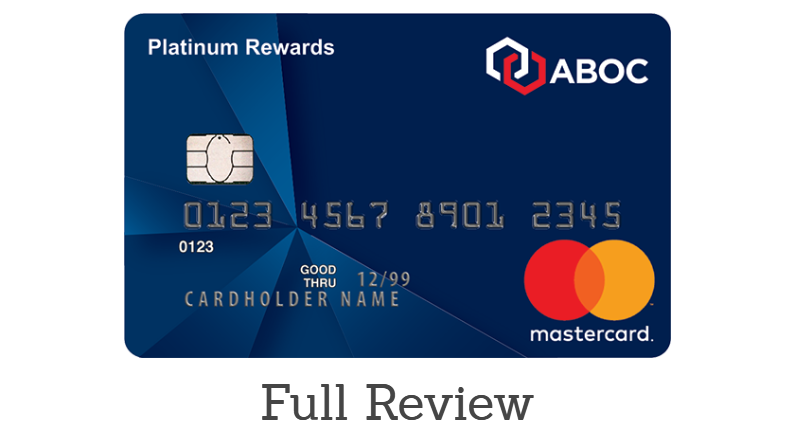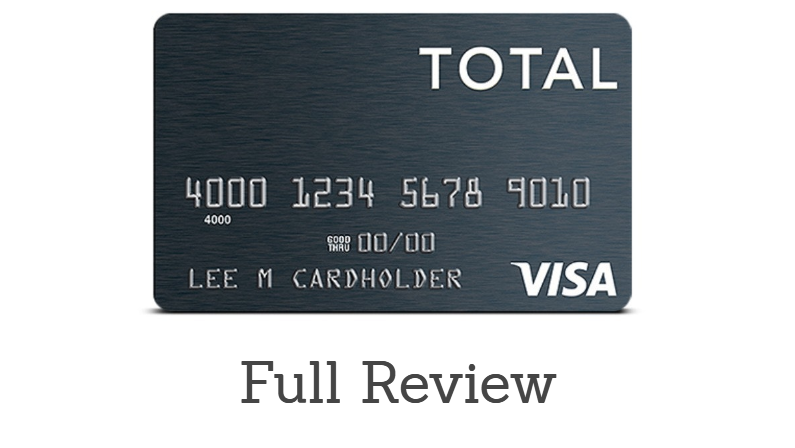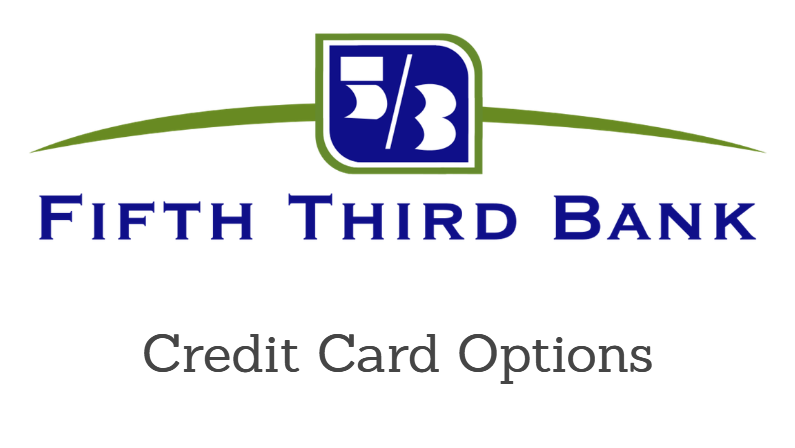Few things in life are as certain as taxes. Paying taxes by credit card may make sense in some situations – but it can be a downright bad idea in others. This guide will explain how to pay taxes with credit cards – and why you may want to do so.

Can you pay taxes with a credit card? Definitely.
Should you pay taxes with a credit card? Only in very specific circumstances.
Paying Taxes with Credit Cards: At a Glance
- You can pay the IRS via credit card for most types of tax payment
- You can use a card whether you efile, paper file, or are responding to a bill
- Your payment must be processed by an approved vendor, listed here
- There is always a fee of at least 1.87% (up to 1.99% or more)
- The cheapest processor is Pay1040, followed by PayUSAtax and OfficialPayments
- You can also pay tax with a credit card via TurboTax and other software (although the fee is higher)
How to Pay Taxes with a Credit Card
The process is simple. First, file/e-file your tax forms as normal. The filing of taxes and payment of taxes are considered separate activities by the IRS. If you are using a tax software like TurboTax, just say you will be paying your taxes via a mailed check.
Next, wait for the IRS to accept your tax forms.
Then, proceed to this page and select your payment processor (Pay1040 is cheapest and I’ve used them personally without issue).
From there, just follow the instructions provided by the payment processor. Enter your information (name, DOB, SSN, etc.) and payment amount, and your credit card details.
Once the payment is submitted, you’re done! It will take up to several weeks for the payment to post to your IRS account, but the payment date will be considered the date you actually submitted the payment, not the date it was received. You can check the status of your payment in your IRS account here.
NEVER Carry a Balance
First and foremost, if you’re thinking of paying taxes with a credit card, you must be able to pay the balance off immediately (within 30 days). Otherwise you’ll start racking up a huge amount of credit card interest.
Can’t afford to pay your taxes? The IRS offers payment plans in many cases. There are fees and interest, but they are almost always lower than the credit card interest you will accumulate if you pay for your taxes with credit.
When It Makes Sense
Paying taxes with a credit card is a bad idea for most situations – but there are a few specific scenarios in which it can make sense. ALL these scenarios assume you will immediately pay off the credit card and not carry a balance. It NEVER makes sense to pay taxes with your credit card if you can’t immediately pay it off.
- You are working on a minimum spending requirement for a credit card bonus
If you’re working on a high minimum spending requirement and are unable to reach it with your normal spending patterns, paying a tax bill with a credit card may make sense. The fee of 1.87% is typically mostly offset by the rewards you earn from the purchase, and by the signup bonus itself.
2. You are using a card with a very high earning rate
Few credit cards earn much more than 1.87%, so you’re not going to build up a ton of points by using a credit card for tax payments. However, there are some good no-fee cards that earn 2% cashback, which would put you slightly ahead.
3. You are using a card with a 0% introductory APR
If you have a credit card with a 0% intro APR, it could make sense to put your taxes on the card and essentially get an interest-free loan for a year or so. Personally, I do NOT recommend this – but some readers like to take advantage of these 0% offers. If you’re responsible and keep enough money set aside to pay off the charges in full, it may make sense.
4. You are making quarterly estimated tax payments (1040-ES)
If you’re self-employed or a contract worker, you likely have to make 1040-ES payments every quarter. This presents a prime opportunity to pay taxes with credit cards and rack up sign up bonuses. Personally, I get a new card every 3 months or so, and use it to pay my 1040-ES for the quarter. It costs me ~2% in fees, but it’s a super easy way to meet minimum spending requirements and earn tons of free travel!
FAQ
Can you pay state taxes with a credit card?
In most situations, yes! It varies from state to state. Fees are usually 2-3%. See this guide for details in your home state.
Can you pay property taxes with a credit card?
Many municipalities allow property tax payments with credit cards. Fees are typically 2-3%. See your local government’s website for details.
Can you pay estimated taxes with a credit card?
Yes, you can! In fact, you can pay most types of taxes with your card – see this FAQ at Pay1040 for details.
Can you pay taxes with a debit card?
Yes, you can – the process is the same as with a credit card. The fees are much lower, though – a flat $2.59 or less per payment, instead of up to 2% of the payment amount for credit cards.
Can you overpay?
You can overpay your taxes. The over-payment amount will be returned to you when you receive your refund. However, you’ll have to float the money until refund time – and this could be an audit trigger.
Can you use multiple credit cards?
Each transaction can only use 1 payment method – but each payment processor allows 2 separate transactions to pay a single tax bill. So, in theory, if you had a $5,000 tax bill, you could make a $2,000 payment and a separate $3,000 payment with a different card.
What’s the fee for paying taxes with a credit card?
The lowest is 1.87% of the payment amount, but it can range up to 3% or more. This is partially offset by the rewards you’ll earn for the purchase.


